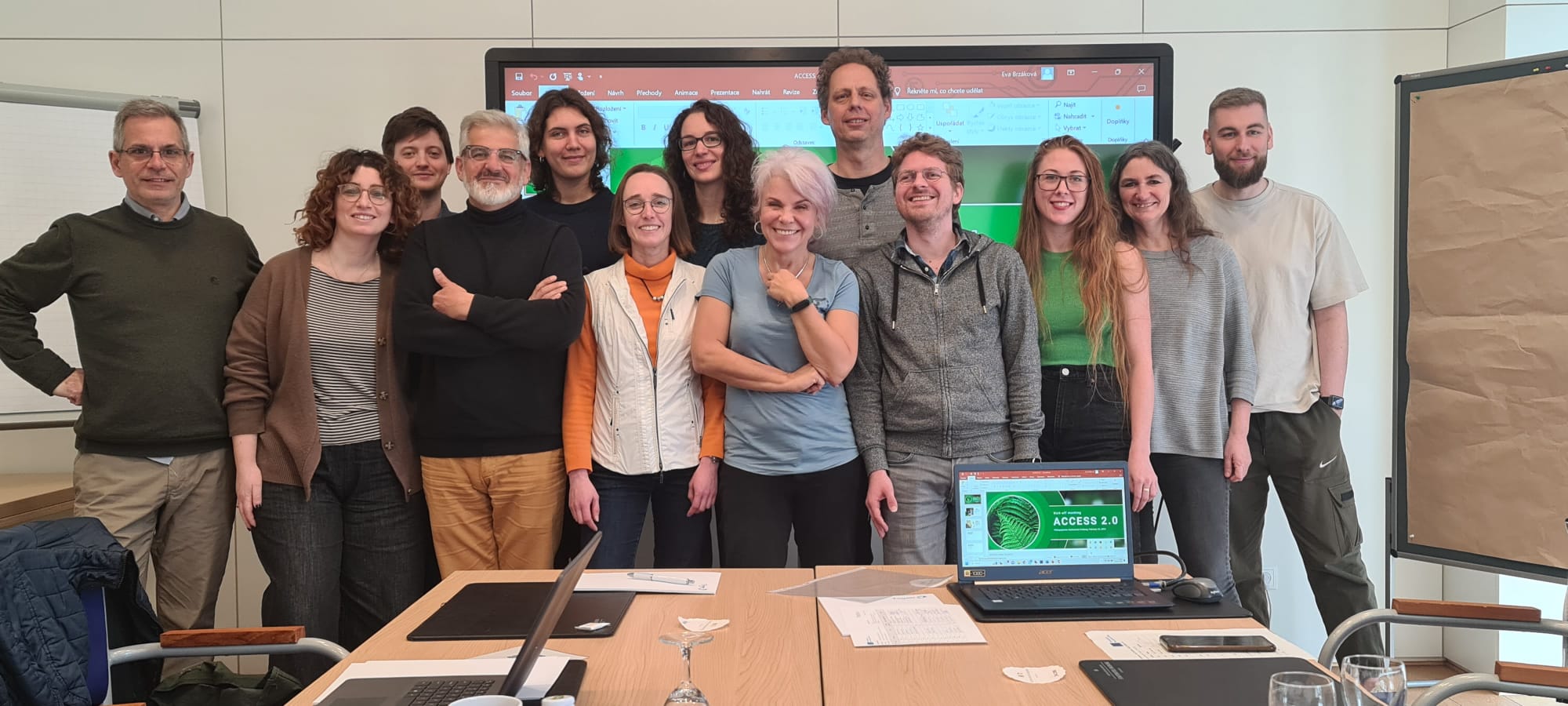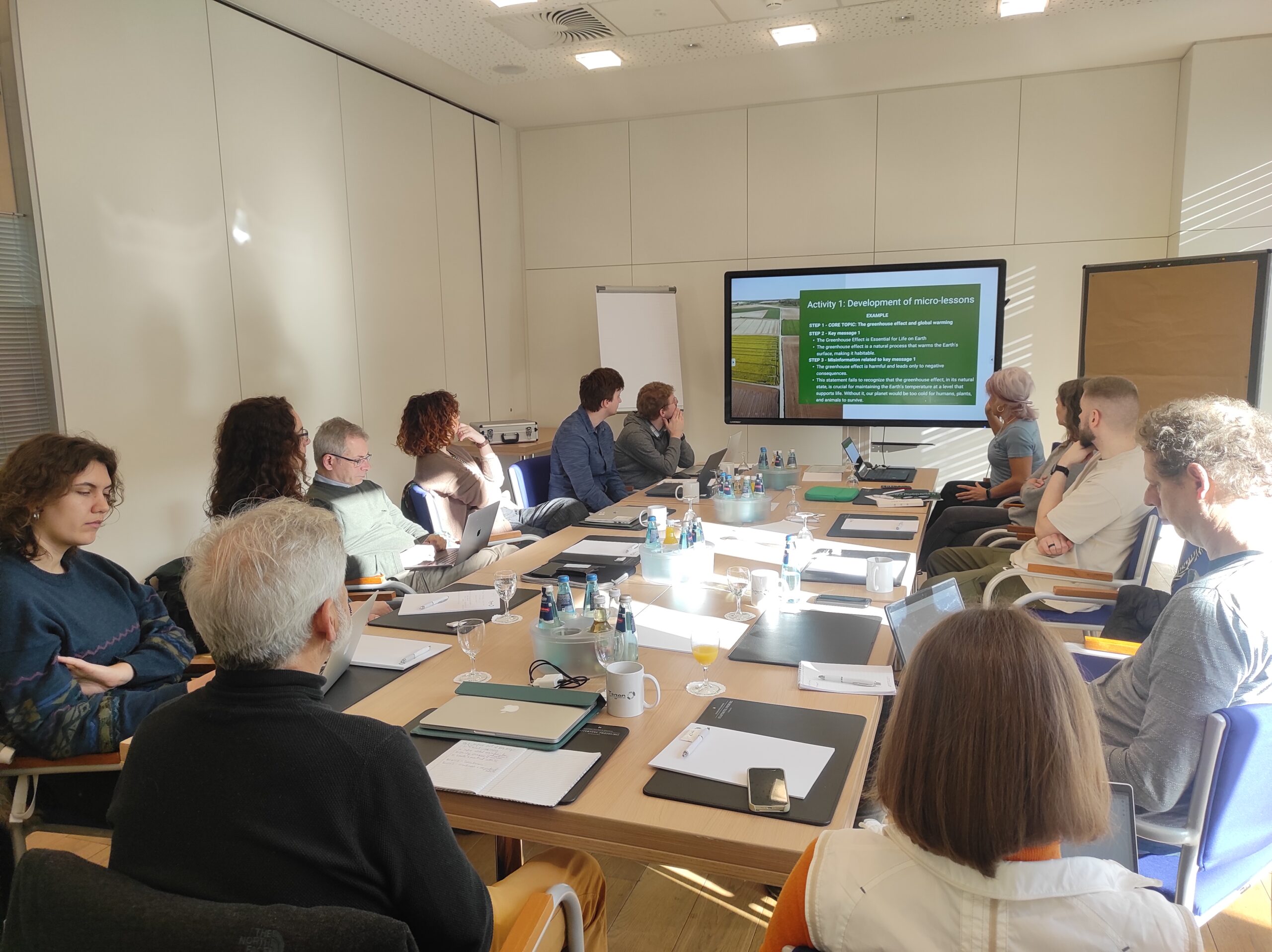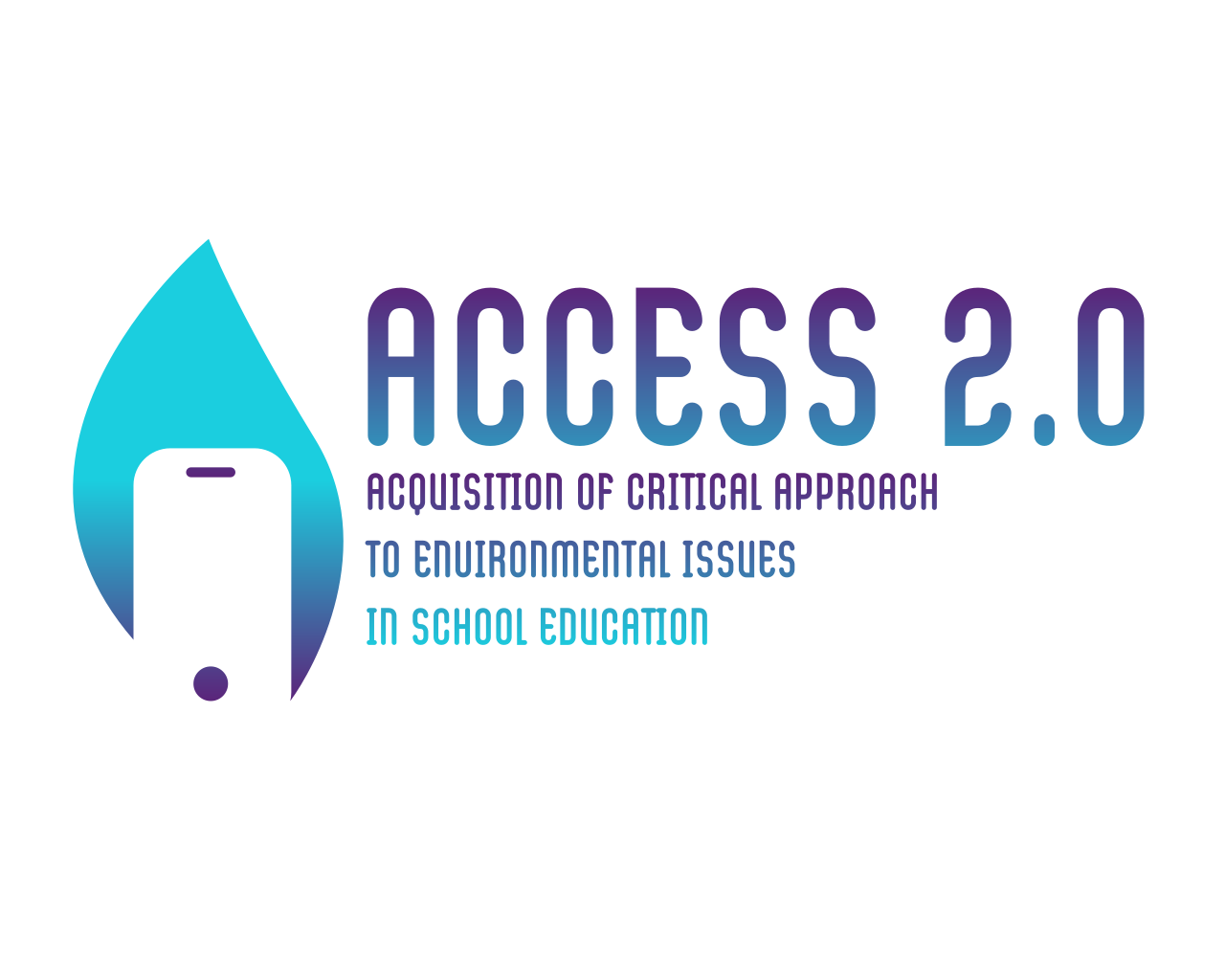
ACCESS II: Acquisition of Critical Approach to Environmental Issues in School Education
2023-1-CZ01-KA220-SCH-000155271
Erasmus+
2023 - 2025
Project Bio
Climate change is one of the most significant environmental issues the word has to face today. It is essential to understand the science behind it, its potential impacts, and the actions that we can take to mitigate its effects.
Unfortunately, there is a lot of misinformation surrounding climate change, which can make it challenging for people to fully understand the issue.
One of the outputs of this projects, a series of microlessons, will help children develop critical thinking skills, addressing the root cause of the problem which is the lack of understanding and critical analysis of the information presented. The microlessons developed in the project will enable students to evaluate the information they receive, assess its credibility, and make informed decisions.
People who have a better understanding of the issue are more likely to take action to reduce their carbon footprint, advocate for policy changes, and support climate-friendly initiatives.
The project has the potential to make a significant contribution to addressing environmental and climate change challenges by helping children develop the critical thinking skills necessary to understand the issues and potential misinformation better.
Project Objectives
The main objective is to promote Environmental Critical Thinking among school children. Environmental critical thinking refers to the ability to analyse and evaluate environmental issues and problems, to understand the complex relationships between human activities and the natural world, and to develop and evaluate solutions to environmental challenges using a critical, evidence-based approach. Environmental critical thinking involves a range of skills, including the ability to gather and interpret data, identify and analyse different perspectives, evaluate evidence, and communicate ideas effectively. It is an important skillset for addressing the environmental challenges facing our world today.
In addition, this project aims to equip secondary school teachers with innovative and effective tools to foster environmental critical thinking skills in their students. By providing engaging and comprehensive resources, the project aims to empower teachers to create a generation of informed and responsible global citizens who are equipped to tackle the challenges of climate change.
Partnerships
- ProEduca, Czech Republic
- Archivio della Memoria, Italy
- LernBar Europa, Germany
- European Leaning Centre, Spain
- Pädagogische Hochschule Freiburg, Germany
- Centrum Wspierania Edukacji i Przedsiębiorczości, Poland
Main Project Outputs
The project activities include the development of an innovative curriculum and teaching materials, training sessions and guiding material for teachers, organization of cocreation workshops for teachers’ professional development, establishment of a digital platform for communication and sharing of project outcomes, and dissemination of project results through stakeholder networks and social media. With these tools, we hope to raise awareness of climate change issues and the importance of critical thinking.
- A series of microlessons that promote critical thinking and understanding of climate change issues and potential misinformation. These microlessons will be designed to engage students and effectively teach them about the science behind climate change, its potential impacts, and the actions we can take to address it.
- A comprehensive curriculum that incorporates the microlessons and provides teachers with the resources they need to teach climate change effectively. The curriculum will be designed to align with academic standards and support students' learning needs.
- Provision of professional development opportunities that will help educators develop their knowledge of climate change and their skills in instructional design, ensuring that they can effectively use the microlessons and curriculum in the classroom.
- A community of learners, including teachers, students, and parents, who are engaged in learning about climate change and are taking action to address it. This will be achieved through various activities, such as webinars, workshops, and social media engagement.
Project outputs will be available to the public as open source in 2025.
CONTACT US
Please, send us a message if you want to hear more about this or any other of projects. We will contact you as soon as possible!
Please, review our Privacy Policy for more information on our privacy practices, and how we protect and respect your privacy.
Partner Kick-Off Event in Freiburg, Germany







